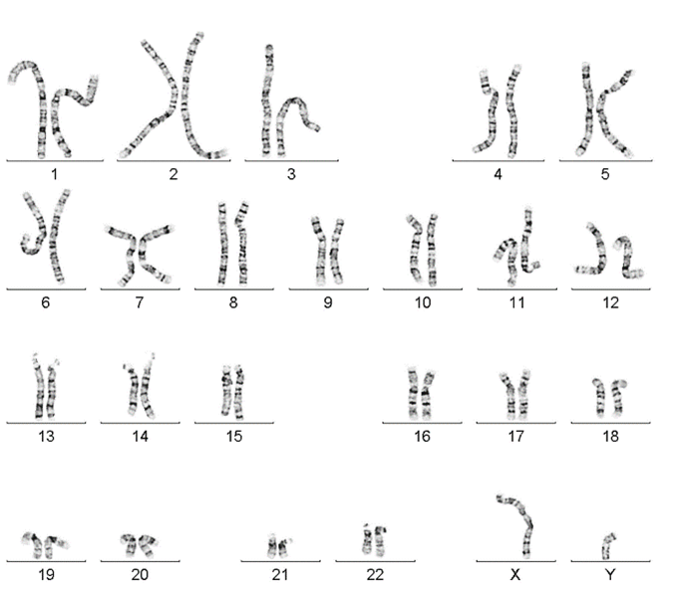So, here you are, ready to have a baby. You and your partner have been trying for over a year, and when you finally see a fertility specialist, you’re inundated with brochures, websites and blogs about the complexity of the human reproductive system.
You start with a physical exam, a blood test, perhaps an ultrasound. Then, just when you think you have a handle on the steps necessary to discover the cause of your frustrating fertility issues, the doctor mentions genetics.
Is infertility genetic? You may have heard about genetics on NPR. Or, maybe it was mentioned in a commercial encouraging you to order a kit off the internet that will tell you where your ancestors came from. Aren’t genetic causes of infertility quite rare? If so, why are they addressed so early in the evaluation process?
The Importance of Genes
The fact is: Up to 50 percent of infertility cases are due to genetic causes. These causes don’t necessarily have to be inherited from a parent but are based in genetics nonetheless. When there is a genetic cause, there is a problem within a gene or chromosome.
Here’s a quick genetics 101 if you’re unfamiliar with the terms. Genes are the instructions that tell our bodies how to grow and develop properly. There are about 20,000 genes, which are neatly packaged on 23 pairs of chromosomes. A good visual would be to think of chromosomes as chapters in a book and the genes as each of the sentences that comprise the chapter.
A change in a single gene can cause fertility issues. Single gene changes, which are akin to a misspelled word in a sentence, are referred to as genetic variants or genetic mutations. A genetic mutation found in the parent’s genetic makeup could mean that the parent is unable to make normal egg or sperm cells, or that there could be a problem in sexual organ development.
The Significance of Chromosome Abnormalities
We inherit one chromosome from our mother’s egg cell and the other from our father’s sperm cell. Sometimes, an egg or sperm has a chromosome abnormality — an extra or missing chromosome, or a piece of a chromosome — which causes an embryo from that egg or sperm to have hundreds to thousands of extra or missing genes.
When an entire chromosome is extra or missing in a sperm or egg cell, the cause is typically not inherited. Mistakes can happen as the chromosomes divide to make the egg or sperm cells, the U.S. National Library of Medicine states.
However, when only sections of chromosomes are extra or missing, there is a higher chance that all the egg or sperm cells from that parent differ in the way that their genes are arranged on the chromosomes. A chromosome that is different makes it difficult for the chromosomes to divide normally during the creation of egg and sperm cells. This situation also increases the chance that the embryos will not have the correct amount of genetic material.
An embryo with extra or missing genetic material will often not result in a pregnancy. If it does, there is an increased chance of miscarriage, birth defects and developmental problems.
Infertility Is Not Sex-Biased
Historically, women have been the assumed source of fertility issues when a couple is trying to get pregnant. However, we now know that only about one-third of all known causes of infertility are caused by female-factor related reasons, while an equal amount are caused by male-factor related reasons. The remaining one-third are from unknown causes or because of factors in both the man and woman trying to conceive.
Now that we understand that infertility can be caused by genetic changes that occur in either men or women, fertility specialists and genetic counselors have more options to test couples and increase their chance of having a genetically healthy baby.
Want more information on “Is Infertility Genetic?” Go to the Genetic Counselors and You Webinar Series sponsored by the National Society of Genetic Counselors to find a free one-hour recording titled “How Genetics Affects Fertility.”

Leslie is a board-certified clinical genetic counselor and former Program Manager for the preimplantation genetic testing (PGT) program of the ORM Genomics team and former Project Manager for SharingHealthyGenes.com. She completed her Bachelor’s degree at DePauw University and her Master’s degree in Genetic Counseling at the University of Texas Graduate School of Biomedical Sciences at Houston. Since graduating in 2000, she has worked as a clinical genetic counselor in several specialties including prenatal, pediatric and cancer genetics and has been very involved with the National Society of Genetic Counselors.
